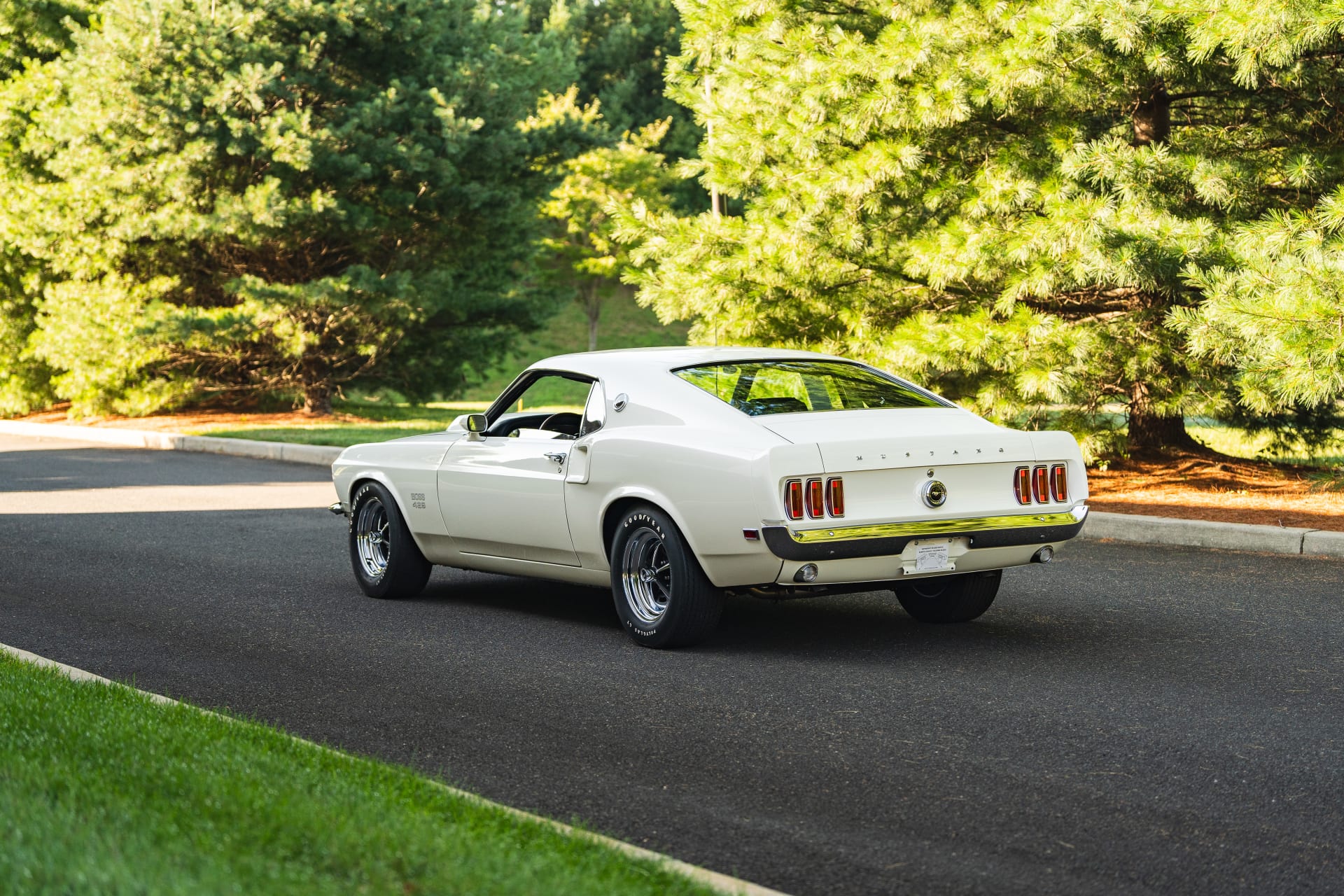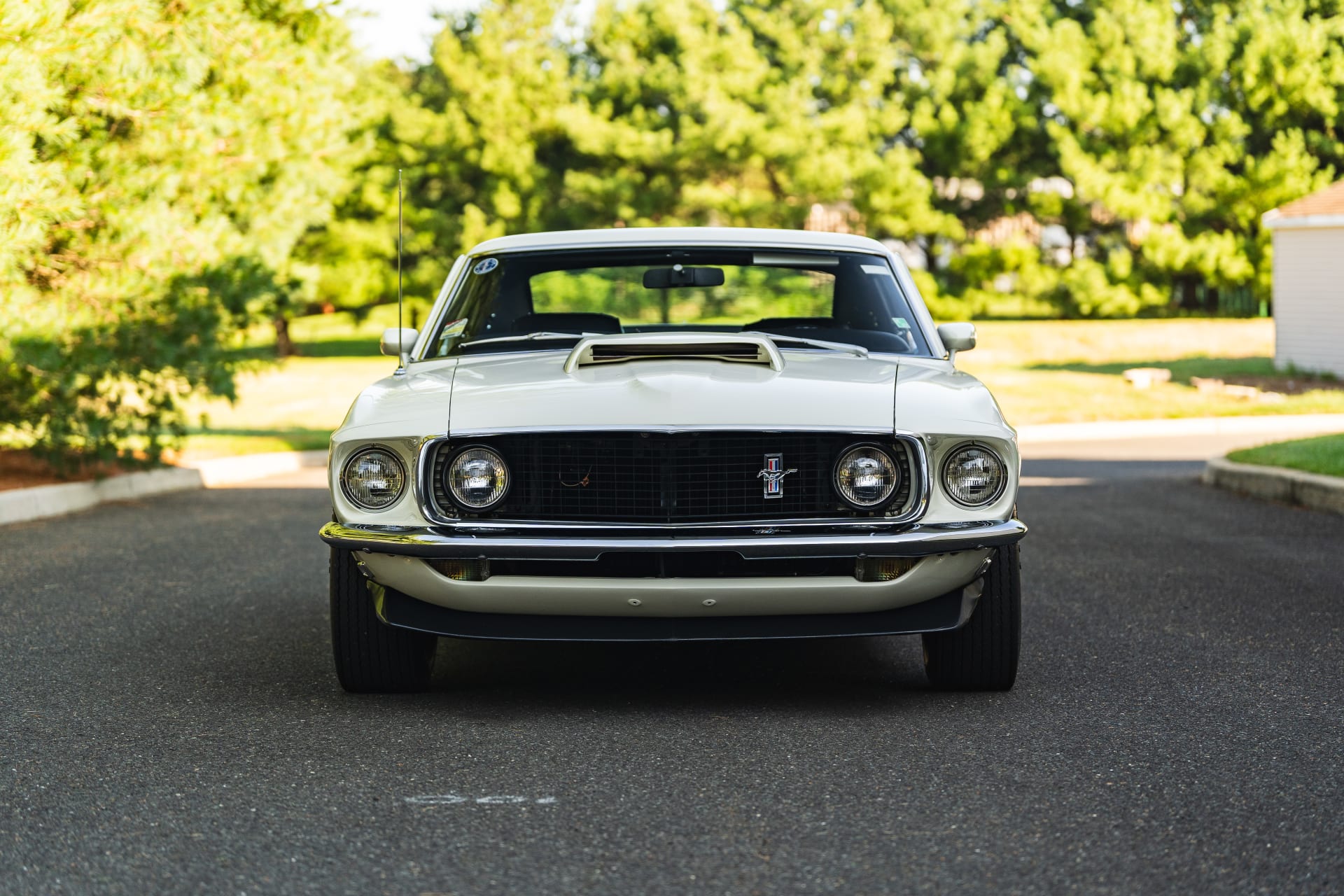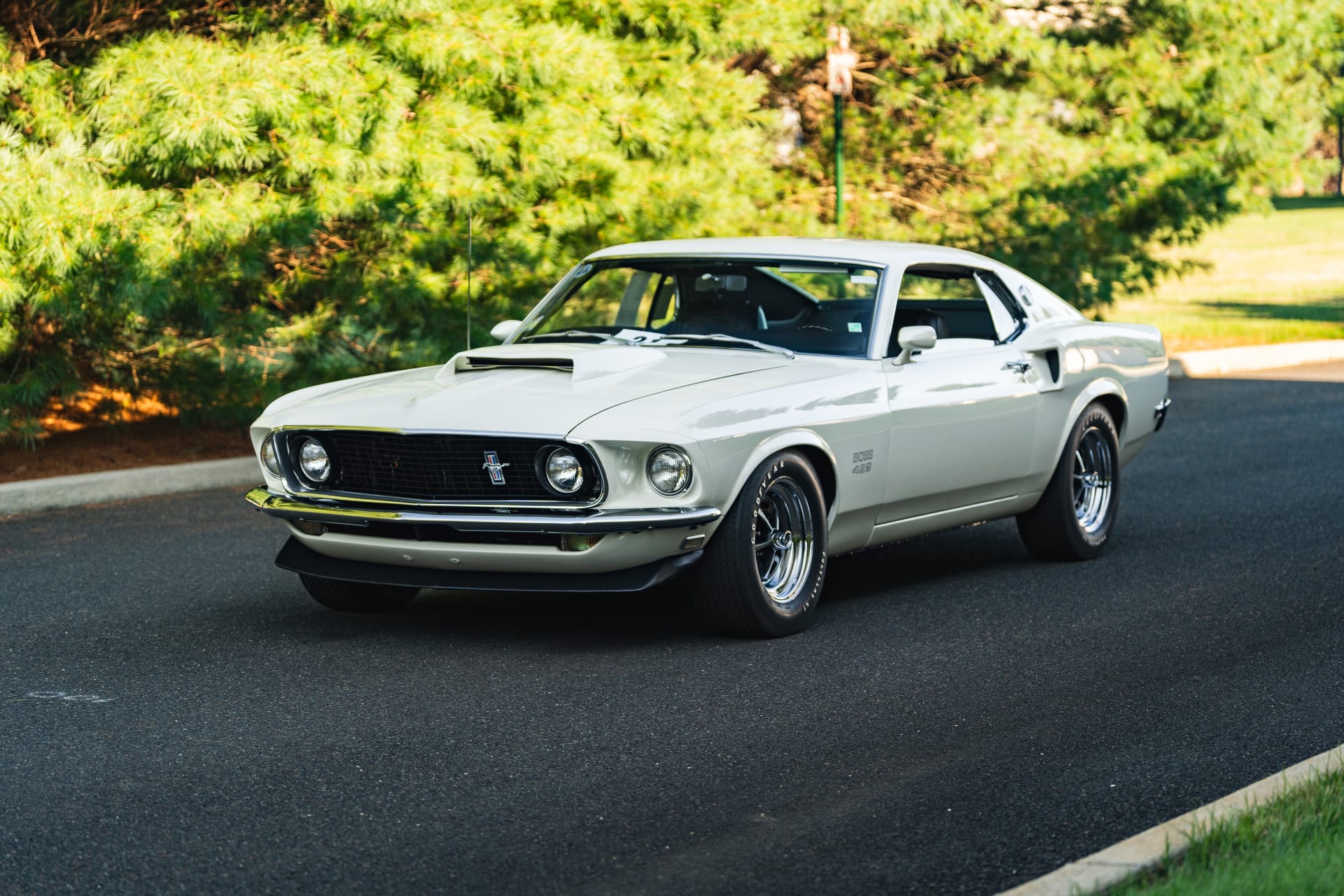The Ford Mustang, initially conceived as a pony car in 1964, quickly developed into a formidable muscle car. After the introduction of the powerful Cobra Jet engine in 1968, Ford expanded its performance lineup in 1969 with three new models.
The Mach 1, a performance-oriented package available with various engines, joined the ranks. Two homologation specials, the Boss 302 and Boss 429, were also introduced. The Boss 302, designed for SCCA Trans-Am racing, featured a unique 302-cubic-inch V8 engine with solid lifters, 4-bolt main bearings, and larger valves.
This engine provided a significant boost in power and performance compared to the standard Mustang engines. Produced from 1969 to 1970, the Boss 302 was a popular choice among enthusiasts and racing drivers alike.

The Boss 429, on the other hand, was created to homologate a new 429-cubic-inch V8 engine for NASCAR. With its distinctive styling and powerful engine, the Boss 429 became the most potent Mustang available at the time, eclipsing even the legendary Cobra Jet. The 429 engine was a beast, delivering immense power and torque that made it a formidable force on the racetrack and the street.
Despite its impressive performance, the Boss 429 was not as widely produced as the Boss 302. The high cost and specialized nature of the engine limited its appeal to a smaller group of enthusiasts. Nonetheless, the Boss 429 remains a highly sought-after collector’s item and a testament to Ford’s commitment to performance and innovation.
The Boss 429, a limited-production muscle car, only saw two model years, 1969 and 1970, and sold in significantly lower numbers than its counterparts. Despite its rarity, this particular Wimbledon White example, now up for auction, has been meticulously restored and boasts a pristine exterior and interior. Although not entirely original, with a replacement 1970 engine, it has still garnered prestigious awards for its exceptional condition.
While the engine swap may seem like a minor detail to some, it raises an important question: does it diminish the car’s value? For many collectors, the originality of a classic car is paramount. A completely original Boss 429, with its matching numbers engine, would undoubtedly command a higher price at auction.

However, the level of restoration and condition of this particular car may be enough to offset the value impact of the engine swap. Ultimately, the value of a classic car is subjective and depends on the individual preferences of the buyer.
Some collectors may be willing to overlook the engine swap to acquire a beautifully restored and rare example of the Boss 429. Others may insist on a completely original car, regardless of its condition. As the car prepares to cross the auction block, the question of its true value will be answered by the highest bidder.

